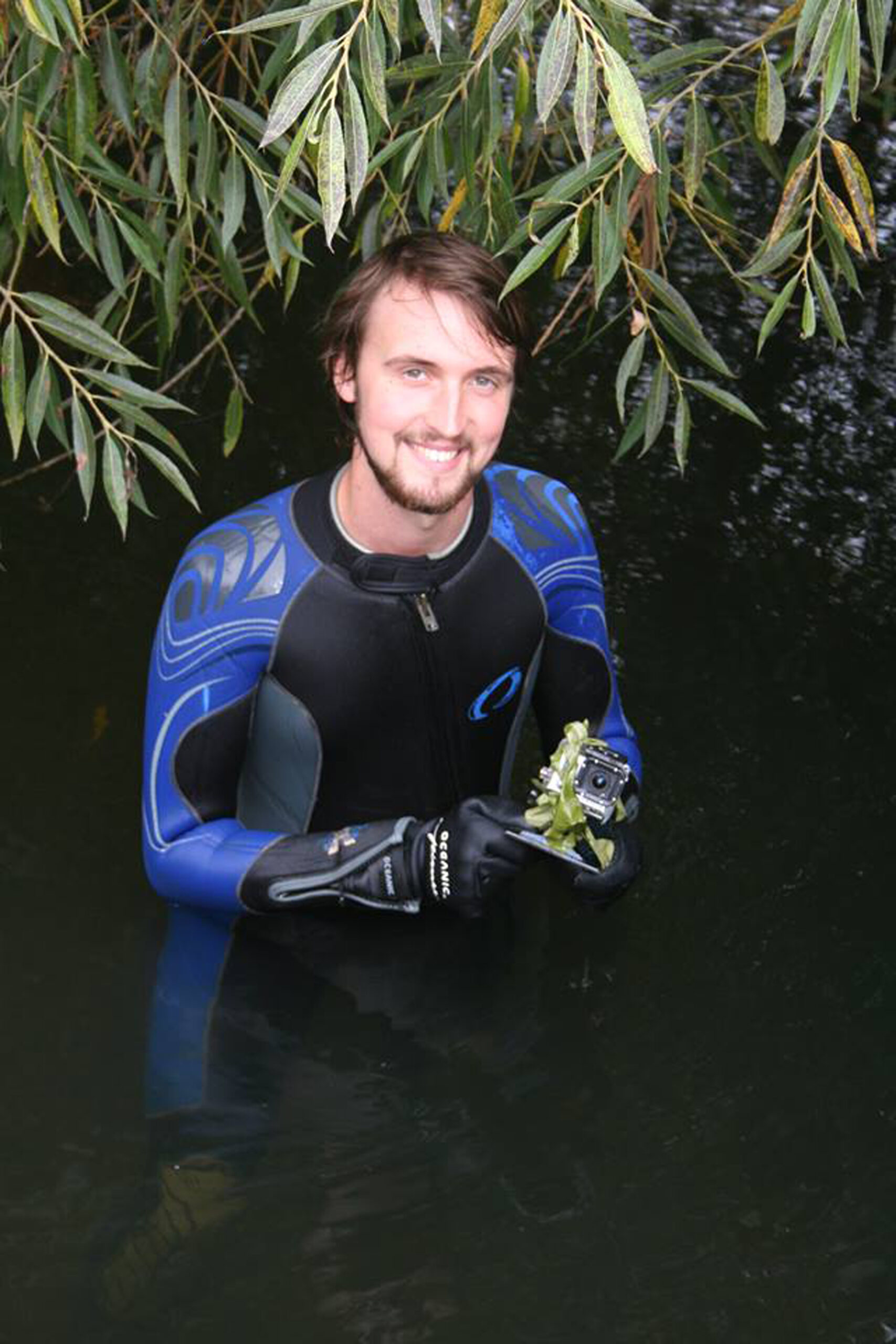Mention pink salmon and you ought to think of the Alaskan wilderness and grizzly bears, because that’s their natural habitat. So when they started turning up around the UK one question came to mind – how did they get here?
Pink salmon were introduced to rivers near the Barents and White Sea areas of Russia between the 1960s and 90s, then they slowly spread west into Finland and Norway. Now, it seems, they’ve reached Britain.
This year, hundreds of pink salmon are reported to have swum into the River Ness, that flows out of Loch Ness into the Beauly Firth at Inverness, to spawn. It follows a count of 15 throughout the UK in 2015.
Scientists say they spawn in two-year cycles and therefore expect to see even more in 2019. They are more nomadic than native Atlantic salmon, so it’s likely they will colonise new rivers quite rapidly. So far, they have also been caught in the River Tyne, the River Fowey in Cornwall and the River Moy in Co Mayo on the west coast of the Republic of Ireland.
They tend to breed in the lower reaches of rivers in August, unlike Atlantic salmon, which spawn in the upper reaches in the winter. They are much smaller, growing to a maximum length of 0.75m, while native salmon can reach double that.
Scientists say that pink and Atlantic salmon while out at sea will compete for the same food – shrimps, herring and squid – and our native species is declining through much of the British Isles thanks to overfishing, climate change and disease.
Chris Conway, of the Ness Salmon Fishery Board, says that the situation with the incomers will be monitored. “While the risks are unknown in terms of their interaction with Atlantic salmon and other Scottish fish, they are unlikely to have a positive impact,” he says.
Pink salmon were filmed this year by the Nith District Salmon Fishery Board (NDSFB), digging redds (or nests), spawning and chasing Atlantic salmon from their redds. Only time will tell if they are to have a major impact on our native fish.
